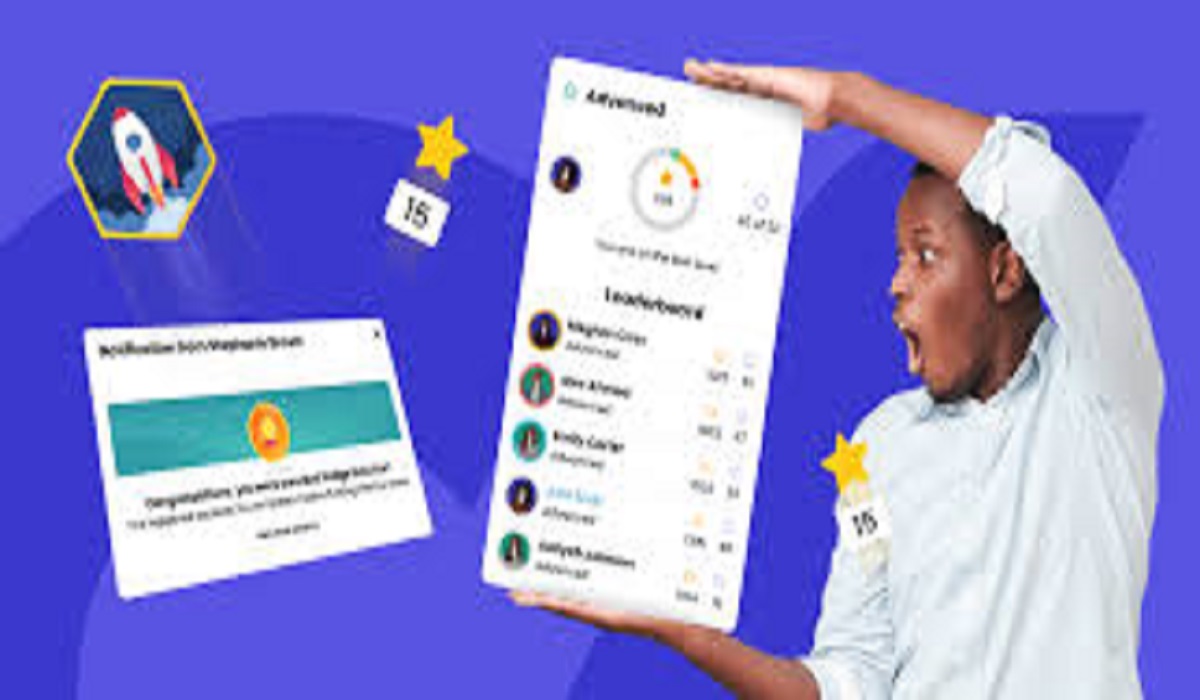Can Digital Flashcards Boost L&D
Can Digital Flashcards Boost L&D: In today’s fast-paced world, Learning and Development (L&D) professionals are constantly seeking innovative tools to enhance knowledge retention and engagement. One such tool gaining traction is digital flashcards. But can they truly revolutionize corporate training and education?
Meanwhile, staying hydrated is crucial for cognitive performance—enter the Hydration Calculator, a simple yet powerful tool to ensure peak mental efficiency. In this comprehensive guide, we explore how digital flashcards can transform L&D and why hydration plays a key role in learning.
The Rise of Digital Flashcards in L&D
Digital flashcards are not just for students—they’re a game-changer in corporate training. Companies are adopting platforms like Anki, Quizlet, and Brainscape to reinforce employee knowledge.
Why Are They Gaining Popularity?
- Mobile-friendly learning (accessible anytime, anywhere)
- Personalized pacing (adaptive learning algorithms)
- Cost-effective (reduces printing and training costs)
How Digital Flashcards Enhance Learning?
Unlike passive learning methods (like lectures), digital flashcards promote:
✅ Active recall – Strengthens memory retrieval
✅ Spaced repetition – Optimizes review timing for long-term retention
✅ Microlearning – Bite-sized, focused content for better engagement
Scientific Backing: Spaced Repetition & Active Recall
Studies show that spaced repetition (revisiting material at increasing intervals) can improve retention by up to 200%. Meanwhile, active recall (retrieving information without cues) strengthens neural pathways.
Key Research Findings:
- A 2013 study in Psychological Science found that retrieval practice (active recall) outperforms re-reading notes.
- The Leitner System (used in digital flashcards) enhances retention by prioritizing difficult concepts.
Comparing Traditional vs. Digital Flashcards
| Feature | Traditional Flashcards | Digital Flashcards |
|---|---|---|
| Accessibility | Physical only | Cloud-based, multi-device |
| Customization | Limited | AI-powered, multimedia support |
| Tracking Progress | Manual | Analytics & performance insights |
| Cost | Recurring (paper/ink) | One-time or subscription-based |
Verdict: Digital flashcards offer scalability, interactivity, and data-driven insights.
Top Digital Flashcard Tools for Corporate Training
Here are the best platforms for L&D teams:
- Anki – Open-source, highly customizable
- Quizlet – User-friendly, gamified learning
- Brainscape – Confidence-based repetition
- Tinycards (by Duolingo) – Visual and engaging
- StudyBlue – Collaborative flashcard decks
Hydration & Cognitive Performance: The Missing Link
Did you know? Dehydration can impair focus by up to 20%. The Hydration Calculator helps learners and professionals track water intake for peak mental performance.
How Hydration Affects Learning:
- Memory: Even mild dehydration reduces short-term recall.
- Focus: Dehydration slows reaction time and problem-solving.
- Mood: Lack of water increases fatigue and irritability.
How the Hydration Calculator Supports Learning?
Our free Hydration Calculator (available at teacheducator.com) helps you:
- Calculate daily water needs based on weight/activity
- Set hydration reminders to stay sharp during training
- Track progress for consistent cognitive benefits
Integrating Flashcards & Hydration for Optimal L&D
Best Practices:
- Use digital flashcards in short, focused sessions (20-30 mins).
- Take hydration breaks every hour.
- Combine with movement (walking while reviewing cards).
Case Studies: Success Stories in Corporate Training
Case Study 1: Tech Company Boosts Onboarding Retention
A SaaS firm reduced onboarding time by 40% using Brainscape flashcards for product training.
Case Study 2: Healthcare Staff Improves Compliance Recall
A hospital used Anki flashcards for protocol updates, leading to a 35% increase in compliance scores.
Future Trends: AI & Gamification in Digital Flashcards
- AI-generated flashcards (automated from training materials)
- VR flashcards (immersive learning experiences)
- Gamified leaderboards (motivating team-based learning)
FAQs
Q1: Are digital flashcards better than traditional ones?
A: Yes—digital versions offer analytics, accessibility, and multimedia support.
Q2: How often should I review flashcards?
A: Follow spaced repetition (e.g., 1 day, 3 days, 1 week later).
Q3: Can dehydration really affect learning?
A: Absolutely—studies show even 1-2% dehydration reduces cognitive function.
Q4: What’s the best flashcard app for teams?
A: Quizlet (for ease) or Anki (for advanced customization).
Q5: How much water should I drink while studying?
A: Use our Hydration Calculator—typically 0.5-1 oz per pound of body weight daily.
Conclusion
Digital flashcards are transforming L&D by making learning smarter, faster, and more engaging. Pairing them with proper hydration ensures peak mental performance.
